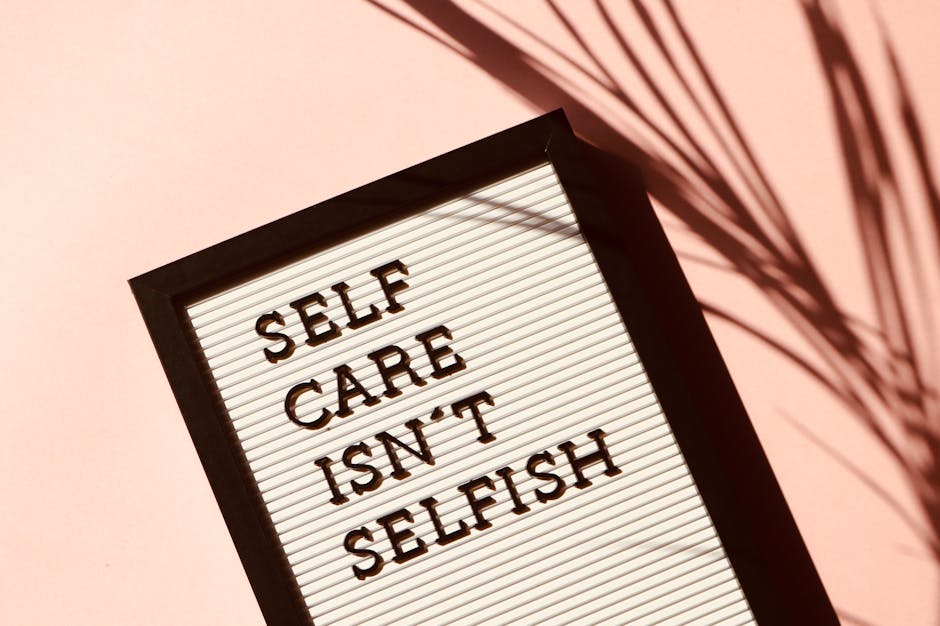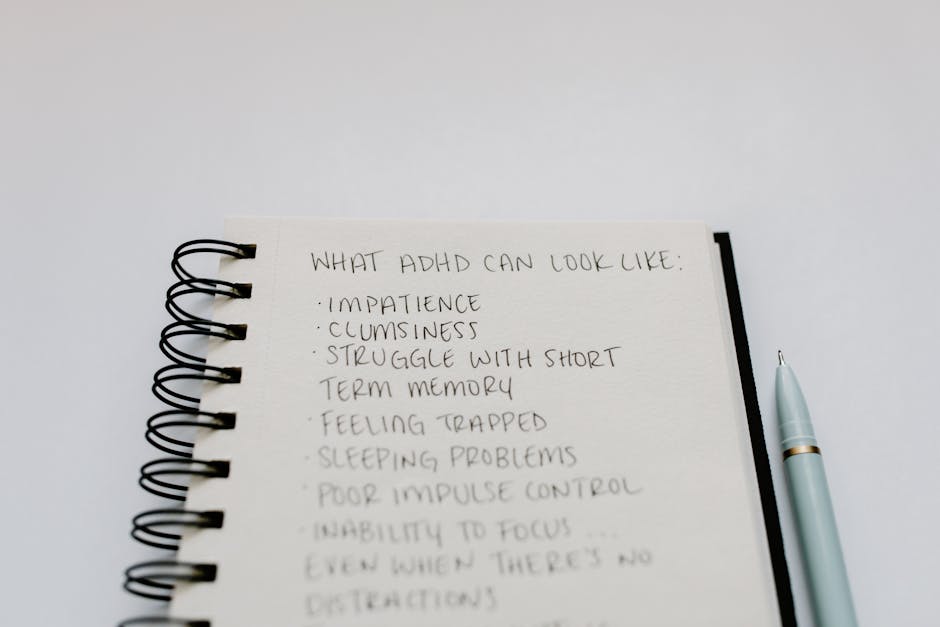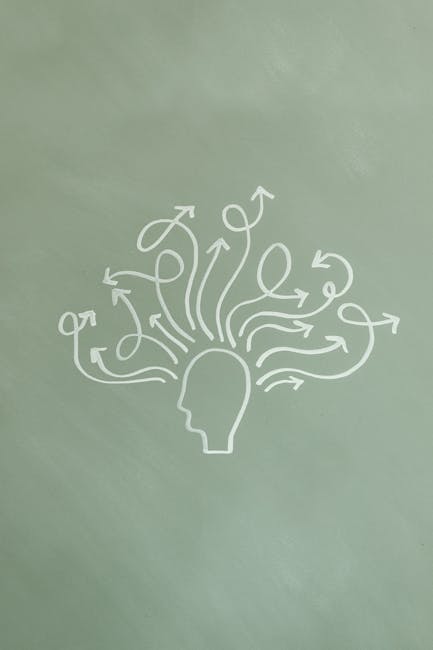Mental health awareness
Importance of Mental Health Awareness

Mental health awareness is crucial as it helps to create a supportive and understanding environment, reduces stigma, and encourages individuals to seek help when needed.
Overview of mental health awareness

Mental health awareness involves understanding the importance of mental well-being, recognizing common mental health disorders, and promoting support and resources for those in need.
Benefits of raising awareness about mental health

Raising awareness about mental health helps reduce stigma, promotes early intervention, encourages open conversations, and increases access to support and resources for those in need.
Common Mental Health Disorders

Anxiety is a common mental health disorder characterized by excessive worry, fear, and panic attacks. It can affect daily functioning and quality of life.
Depression is another common mental health disorder that can cause persistent sadness, loss of interest, and decreased energy. It can also lead to feelings of hopelessness and thoughts of self-harm or suicide.
It is important to seek professional help if you or someone you know is experiencing symptoms of anxiety or depression. A mental health professional can provide an accurate diagnosis and develop an appropriate treatment plan.
Anxiety and its symptoms

Anxiety is characterized by excessive worry, fear, and panic attacks, which can significantly impact daily functioning and quality of life. Symptoms may include restlessness, irritability, difficulty concentrating, muscle tension, and sleep disturbances. Seeking professional help is crucial for accurate diagnosis and effective treatment.
Depression and how it affects individuals
Depression can have a significant impact on individuals, leading to feelings of sadness, loss of interest, changes in appetite or sleep patterns, fatigue, and difficulty concentrating or making decisions. It is important to seek help and support for effective management and treatment.
Ways to Improve Mental Health
Ways to Improve Mental Health
1. Practice healthy coping mechanisms, such as exercise, meditation, and journaling.
2. Prioritize self-care by engaging in activities that bring joy and relaxation.
3. Seek support from friends, family, or a therapist to discuss challenges and emotions.
4. Maintain a balanced diet and get enough sleep to support overall well-being.
5. Set realistic goals and celebrate small achievements to boost self-esteem.
Healthy coping mechanisms
- Practice mindfulness and meditation to calm the mind and increase self-awareness.
- Find healthy outlets for emotions, such as journaling or creative activities.
- Connect with others through support groups or therapy to share experiences and gain valuable insights.
- Develop a routine that includes activities you enjoy and that promote relaxation and stress reduction.
Importance of self-care practices

Take time for yourself and prioritize self-care practices like getting enough sleep, eating well-balanced meals, engaging in hobbies, practicing relaxation techniques, and setting boundaries to maintain your mental well-being.
Seeking Professional Help

Types of mental health professionals
When seeking professional help for mental health concerns, it's important to understand the different types of professionals available, such as psychiatrists, psychologists, counselors, and social workers.
How to find the right therapist or counselor
Finding the right therapist or counselor involves considering factors like their qualifications, experience, specialization, and personal fit. Online directories, referrals from trusted sources, and initial consultations can help in this process.
Types of mental health professionals
When seeking professional help for mental health concerns, it's important to understand the different types of professionals available, such as psychiatrists, psychologists, counselors, and social workers.
How to find the right therapist or counselor
When searching for a therapist or counselor, consider factors such as their qualifications, expertise in your specific concerns, and compatibility with your personality and communication style. It may be helpful to ask for recommendations from trusted sources, conduct online research, and schedule initial consultations to assess if they are the right fit for you.
Social Stigma Surrounding Mental Health
Negative impacts of stigma surrounding mental health can include discrimination, social isolation, and barriers to seeking help, but combating stigma through education, open conversations, and promoting understanding can lead to a more supportive and inclusive society.
Negative impacts of stigma on individuals
Negative impacts of stigma on individuals can include increased feelings of shame and guilt, reluctance to seek help, lack of social support, and worsening of mental health symptoms. It is crucial to address and combat stigma to create a supportive environment for those dealing with mental health challenges.
Ways to combat stigma and discrimination

Ways to combat stigma and discrimination:
- Educate yourself and others about mental health to challenge misconceptions.
- Speak out against stigmatizing language or behavior when you encounter it.
- Support mental health advocacy organizations and initiatives.
- Share your own experiences to reduce stigma and encourage open conversations.
- Encourage empathy and understanding by promoting a culture of acceptance and inclusivity.
- Challenge stereotypes and negative portrayals of mental illness in media and society.
- Advocate for policy changes that improve access to mental health services and support.
- Engage in conversations about mental health on social media to raise awareness.
- Offer support, compassion, and resources to individuals experiencing mental health challenges.
- Be a positive role model by prioritizing your own mental health and seeking help when needed.
Table: Resources for Combating Stigma and Discrimination
| Organization | Website |
|---|---|
| National Alliance on Mental Illness (NAMI) | www.nami.org |
| Mental Health America (MHA) | www.mhanational.org |
| Bring Change to Mind | www.bringchange2mind.org |
| Active Minds | www.activeminds.org |
| Time to Change | www.time-to-change.org.uk (UK-based) |
Remember, combating stigma requires collective efforts to create a supportive environment where individuals can seek help without fear of judgment or discrimination.
Resources and Support for Mental Health
| Organization | Website |
|---|---|
| National Alliance on Mental Illness (NAMI) | www.nami.org |
| Mental Health America (MHA) | www.mhanational.org |
| Bring Change to Mind | www.bringchange2mind.org |
| Active Minds | www.activeminds.org |
| Time to Change | www.time-to-change.org.uk (UK-based) |
Remember, these resources and support organizations are there to help and provide assistance for individuals seeking mental health support.
Helplines and crisis intervention services
Helplines and crisis intervention services are vital resources for individuals in need of immediate mental health support, providing 24/7 access to trained professionals who can offer guidance, counseling, and assistance during times of crisis. Some examples of helplines include the National Suicide Prevention Lifeline in the United States (1-800-273-TALK) and Crisis Text Line (text "HOME" to 741741). Remember that these helplines are confidential and available to anyone in need.
Support groups and community resources

Support groups and community resources play a crucial role in mental health support by providing individuals with a safe and understanding environment to connect with others who may be experiencing similar challenges, offering peer support, sharing coping strategies, and providing a sense of belonging and validation. These resources can include local or online support groups, non-profit organizations, community centers, and mental health advocacy groups. They can also offer educational workshops, activities, and resources that promote mental well-being and provide opportunities for personal growth. Engaging with support groups and community resources can help individuals feel less alone in their struggles, gain valuable insights from others who have walked a similar path, and access practical advice for navigating mental health challenges. Being part of these communities can foster a sense of empowerment, resilience, and hope as individuals work towards their recovery journey.

Comments
Post a Comment